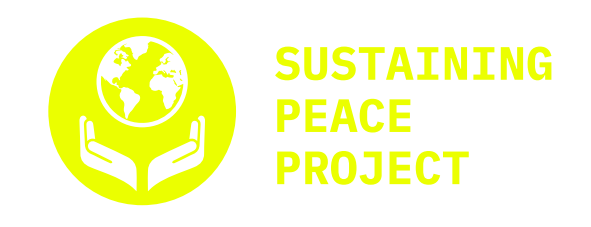“COVID-19 has turned the world upside down. Everything has been impacted.” New statistical records are being set on an almost weekly basis. The CCSA has compiled “a snapshot of some of the latest information,” derived from 36 international organizations and assembled in four broad categories: economic, social, regional and statistical. The best information available is necessary because “decisions made now and in the coming months will be some of the most important made in generations.”
The statistics presented here are modestly seen as “the tip of the iceberg,” with readers encouraged to visit the websites of the contributing organizations.
- Economic Impact: banking systems vulnerabilities (BIS), aviation crisis (ICAO), employment decline of almost 10.5% in total working hours (ILO), sharp fall in trade and commodity prices (UNCTAD), trade in medical goods (WTO), global manufacturing decline of 9% (UNIDO), global merchandise trade falling by almost 27% in Q2 2020 (UNCTAD), unprecedented challenge for tourism (UNWTO), and disruption of international postal services (UPU).
- Social Impact: risks for food and agriculture (FAO), travel restrictions and migration (IOM), ICTs minimize disruption (ITU), impacts on the vulnerable that compound inequalities (OECD), human rights in a pandemic (OHCHR), human development (UNDP), pollution and waste (UNEP), School closures affecting 1.6 billion students (UNESCO), forced displacement (UNHCR), urban vulnerabilities (UN Habitat), children bear the brunt (UNICEF), drugs and homicides (UNODC), differential impacts on women (UN Women), and an additional 40-60 million people pushed into extreme poverty (WB).
- Regional Impact: economic impacts (ADB), regional policy actions (ECLAC), impact on statistical activities (ESCWA), sharp decline in EU GDP (Eurostat), GDP in the Gulf (GCC), COVID-19 in Africa (UNECA), and risks to health and wealth (UN ESCAP).
- Statistical Impact: still producing economic statistics (ECB), innovation, resiliency, and cooperation (IMF), and statistical capacity squeezed: “many statistical systems are struggling to compiles basic statistics” (PARIS 21).
Note: Despite data from April, this is an impressive overview, presumably to be updated while the pandemic lasts. Four important sectors not mentioned—presumably covered by UNESCO– are higher education, research and publishing, performing arts, and professional and collegiate sports.




